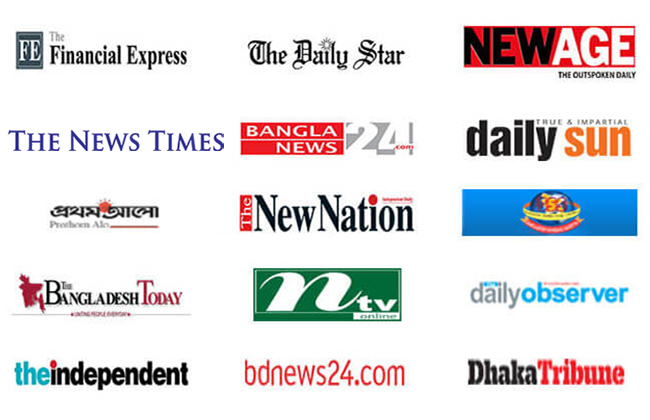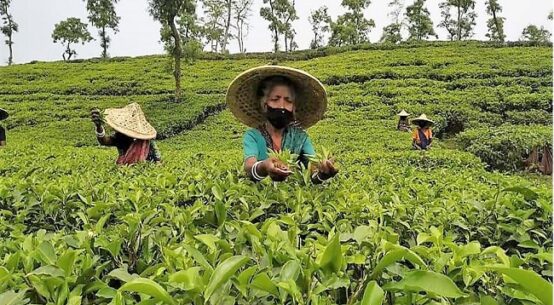
It’s a common refrain that media makes, that the Government is not accountable. In fact media survives to some extent by raising such a question. But what the recent Rozina episode did was to pose a big question on the return server: Is media accountable? Are those people working in media or running it are in any way working together? Are they accountable to each other for their actions ? Is there a moral or other authority to which all are accountable in the best sense of the term ?
Such questions were course triggered by the fact that some felt that the Prothom Alo and Daily Star – the two market leaders- seemed not be involved as much as the protesting journalists felt they should.
The Daily Star advert controversy
But a bigger debate has been sparked off by the Daily Star authorities after it published an advertisement by the Ministry of Health on the Rozina issue . It was resented by many but the Star Editor defended himself saying that he did so from a principled position that all had the right to present their point of view including the GOB. Since journalists had boycotted the Health Ministry, there was no opportunity except to appear on the pages as an advert. However, not many seem to have bought the argument. It certainly went against the collective feeling at that moment. It seemed the Editor had acted alone and not in consultation with the rest. It was probably more noticed because Prothom Alo was a sister publication of Daily Star.
So the question is, to whom would the Editor be accountable? There are several levels of such a process. In many cases, the Editor is accountable to the owner but this wouldn’t apply in this case as the Editor concerned is also a part owner. Hence they constitute the establishment which becomes the all-powerful, the sort of government within a media outlet/state.
Generally, it’s felt that the media must be accountable to the consumer but that is not the case in most cases as it’s the Editor/Owner who assumes the sole identity of the media outlet. It can be media only when the working journalists and others are also part of the accountability process. Right now they are so to the Editor but is the Editor accountable to them or anyone else including the institutional fiction called the media outlet itself?
Is accountability a one way traffic?
In this case, the valid question would be: Did the Editor discuss the issue with the working journalists there? At that point of time, it wasn’t just a question of granting access to the MOH but taking a paid advert which was trashing a media worker and basically aimed at discrediting media and Rozina. Did the Editor or for that matter any editor have the right to decide it on their own?
We don’t know if such a discussion took place or not but if it did, it’s fine and that should be stated. That means it was the decision of all including the protesting co-workers of Rozina. If not, some more issues are raised. Is the decision making process single person driven or a prescribed process driven? Should it be systemized or not within the media ? And of course, is it what the media establishment thinks should be done so or not?
The general practice till date is that of the Editor as the sole and absolute authority holder ignoring that media is a corporate institution. Its role is that of informing the people and in the process must interact with the Government and private sector to do its job. These are very powerful people and it can and will lead to conflicts. This is apart from the general business of running an outlet. That is why media governance will be much better if there is a structured accountability system which reflects the collective nature of media.
New ethics for new media
What the Editor did was to exercise his best judgment and in the interest of the paper. The only issue is that this wasn’t a great decision as hindsight shows. It has not only created controversy but raised questions about the freedom and independence of the media from the powerful whether governmental or commercial.
The age of the Editor fighting alone as all fall is probably an image of metal type composing era and is gone. Today’s media is so different largely due to digitalization and the nature of working that it is impossible to be brave alone. Nothing is possible unless done together. Which is why the issue of mutual accountability between the working journalists and the Editor is more important than ever.
Accountability at all levels is the only way that media can be protected from the hazards that media constantly faces.
It’s time to learn news lessons in the age of new media.
Afsan Chowdhury is a journalist, columnist and liberation war researcher. He received Bangla Academy Award in 2018 for his contribution to the liberation war literature.


